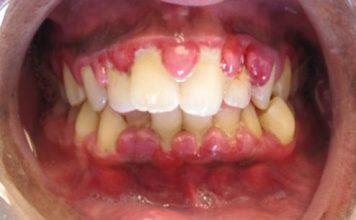Gingivitis, also known as Akokoro in Yoruba, is a common gum disease characterized by inflammation of the gums surrounding the teeth. If left untreated, gingivitis can progress to a more severe condition called periodontitis, which may lead to tooth loss. The primary cause of gingivitis is improper oral hygiene practices that result in the formation of plaque, a sticky film of bacteria that accumulates on teeth. To prevent plaque buildup, regular brushing, flossing, and routine dental check-ups are essential.
In traditional oral care practices, chewing sticks have been utilized as effective tools for cleaning teeth and promoting oral health. Chewing sticks, made from slender twigs or plant stems, offer natural antimicrobial properties that can help combat tooth decay more efficiently than conventional fluoride-based toothpaste. These sticks not only aid in cleaning teeth but also stimulate the gums and eliminate harmful bacteria, contributing to overall oral hygiene.
Although modern oral care products are widely available, chewing sticks continue to be utilized in various regions worldwide due to their beneficial attributes. Integrating chewing sticks into a regular oral care routine, in combination with dental check-ups and proper hygiene practices, can effectively support oral health, prevent dental issues, and promote overall well-being.
